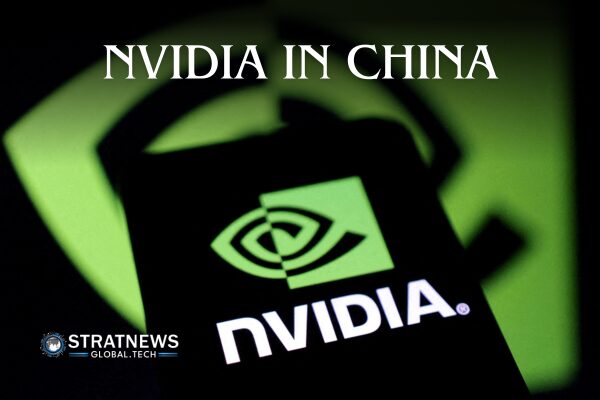China Accuses Nvidia of Anti-Monopoly Breach Amid Rising US Trade Tensions
China has accused US chipmaker Nvidia of breaching its anti-monopoly laws, escalating ongoing trade tensions between Beijing and Washington. The move follows a preliminary investigation by China’s State Administration for Market Regulation (SAMR), just as the two countries hold sensitive trade talks in Madrid—where semiconductors are a key topic.
The regulator did not disclose specific details about Nvidia’s alleged violations but warned that its investigation is ongoing. Under Chinese law, companies found guilty of monopolistic behaviour can face fines of up to 10% of their annual revenue.
This development comes at a critical time for Nvidia. China accounted for 13% of the company’s sales last year. The probe adds further uncertainty to its future in a vital market already strained by export restrictions and political scrutiny.
US-China Tech Dispute Intensifies
US Treasury Secretary Scott Bessent called China’s announcement “poor timing”, suggesting it could be a strategic move to gain leverage in trade negotiations. Analysts view the probe as a direct response to recent US actions, including the Trump administration’s blacklisting of 23 Chinese companies and the imposition of tariffs.
Zhengyuan Bo from Plenum said the probe serves as a message from Beijing: if US export controls continue, China is prepared to push back with its own measures targeting American firms.
Nvidia’s CEO Jensen Huang has made several trips to China this year to demonstrate commitment to the market. However, despite high demand from companies like Tencent and ByteDance, the Chinese government has reportedly discouraged them from buying Nvidia’s chips, while raising concerns about security risks tied to the company’s H20 chip, designed specifically for China.
Mellanox Deal Under Scrutiny
Five years ago, China approved Nvidia’s acquisition of Mellanox Technologies on the condition that it would continue to supply China with high-end GPU chips. However, due to US export restrictions under President Biden, Nvidia had to halt sales of some of its most advanced chips.
Now, experts say China may pressure Nvidia to sell its chips without bundling Mellanox’s networking technology. Ray Wang of Futurum Group warned that restricting Nvidia’s networking solutions could cost the company billions, as Mellanox products are crucial for building advanced data centres.
Lian Jye Su of Omdia added that unbundling Mellanox hardware from Nvidia’s chips could significantly reduce the firm’s competitive edge in China.
No Immediate Threat to Nvidia’s Market Position
Despite the probe, analysts say Nvidia is unlikely to be forced out of the Chinese market. However, China’s broader push to develop domestic alternatives to US-made AI chips poses a greater long-term threat.
Nvidia stated it is complying with all applicable laws and will continue working with relevant government agencies to assess the impact of export controls. The company declined to comment on the US government’s pending rules on revenue-sharing linked to chip sales in China.
with inputs from Reuters


